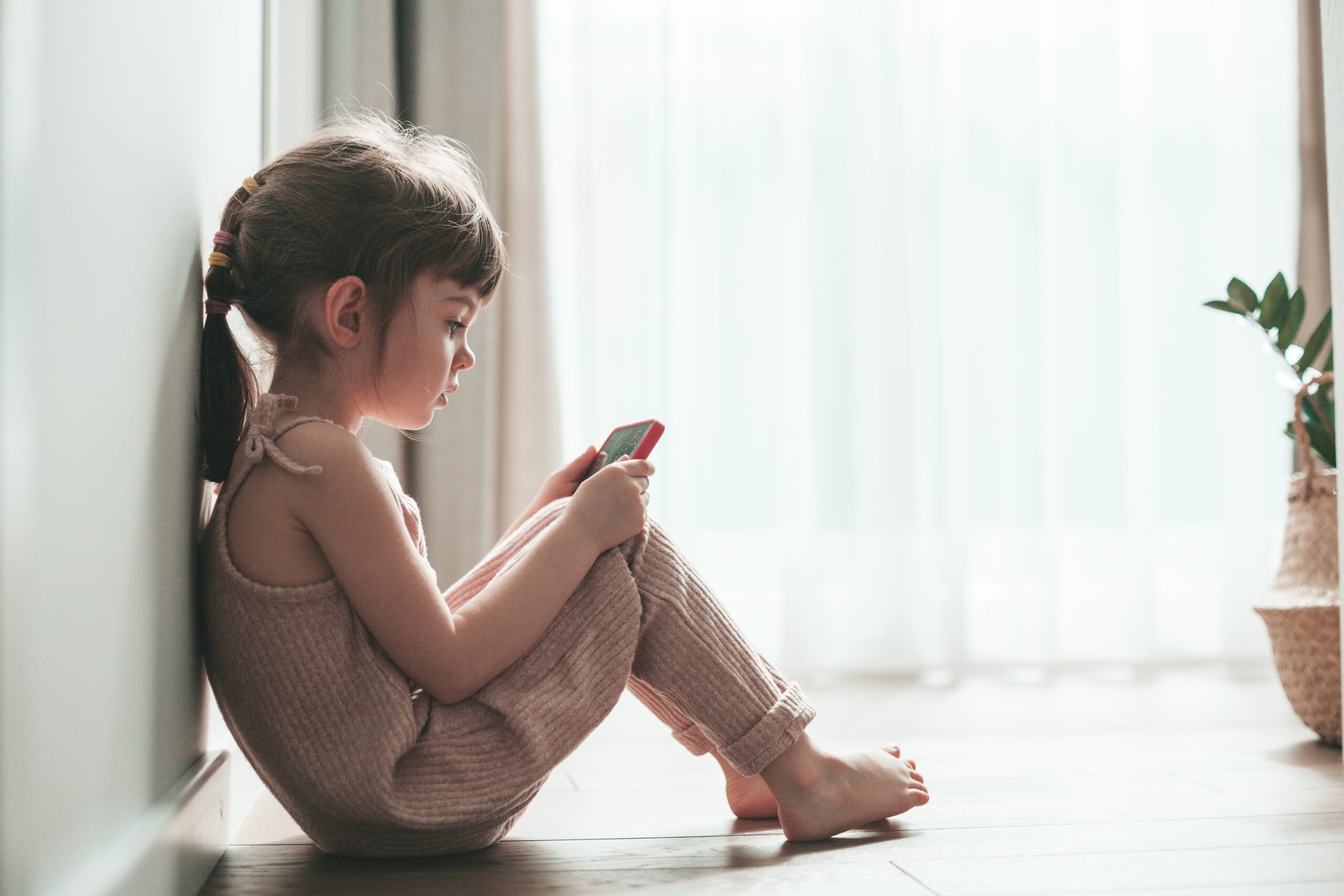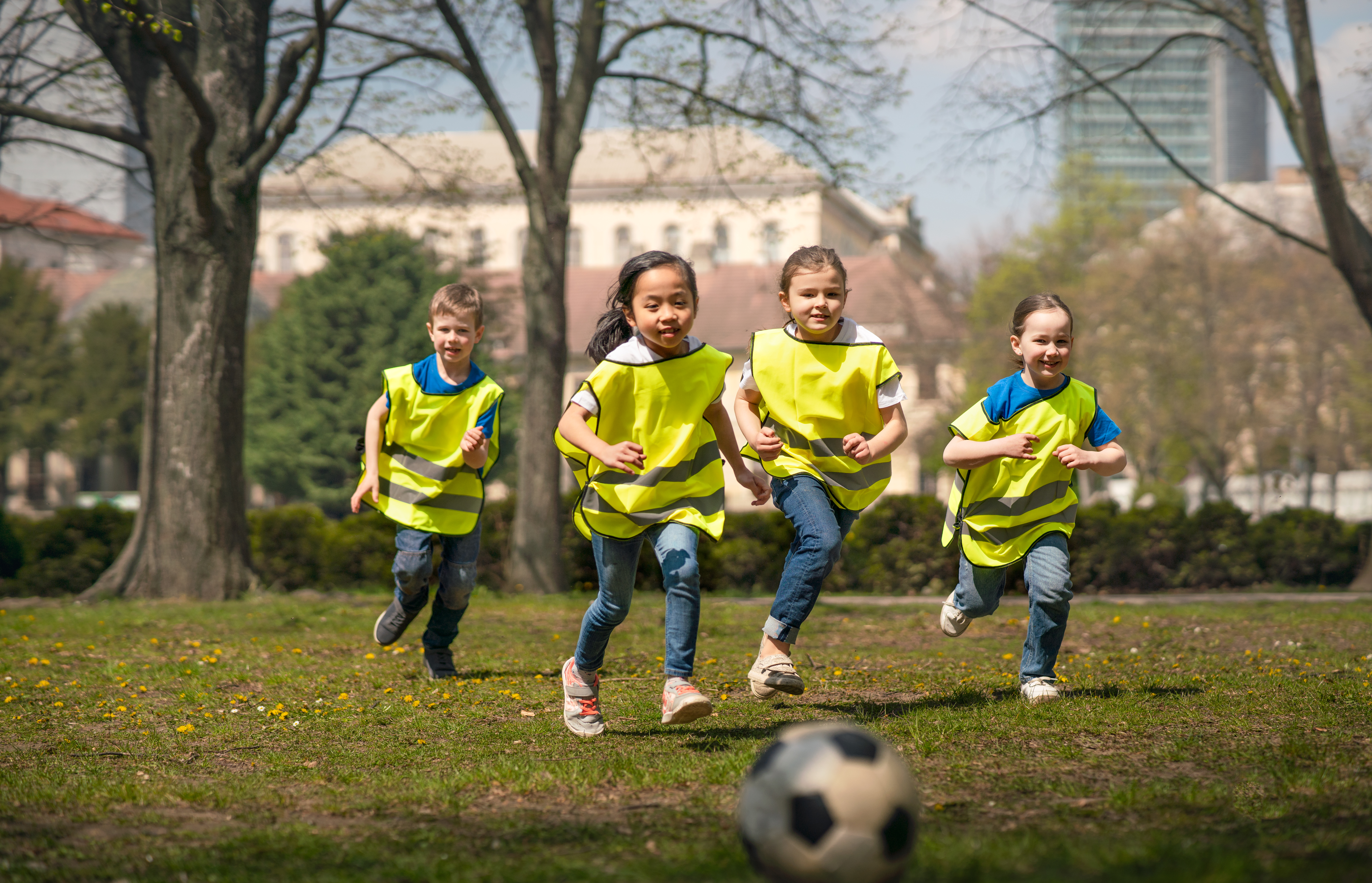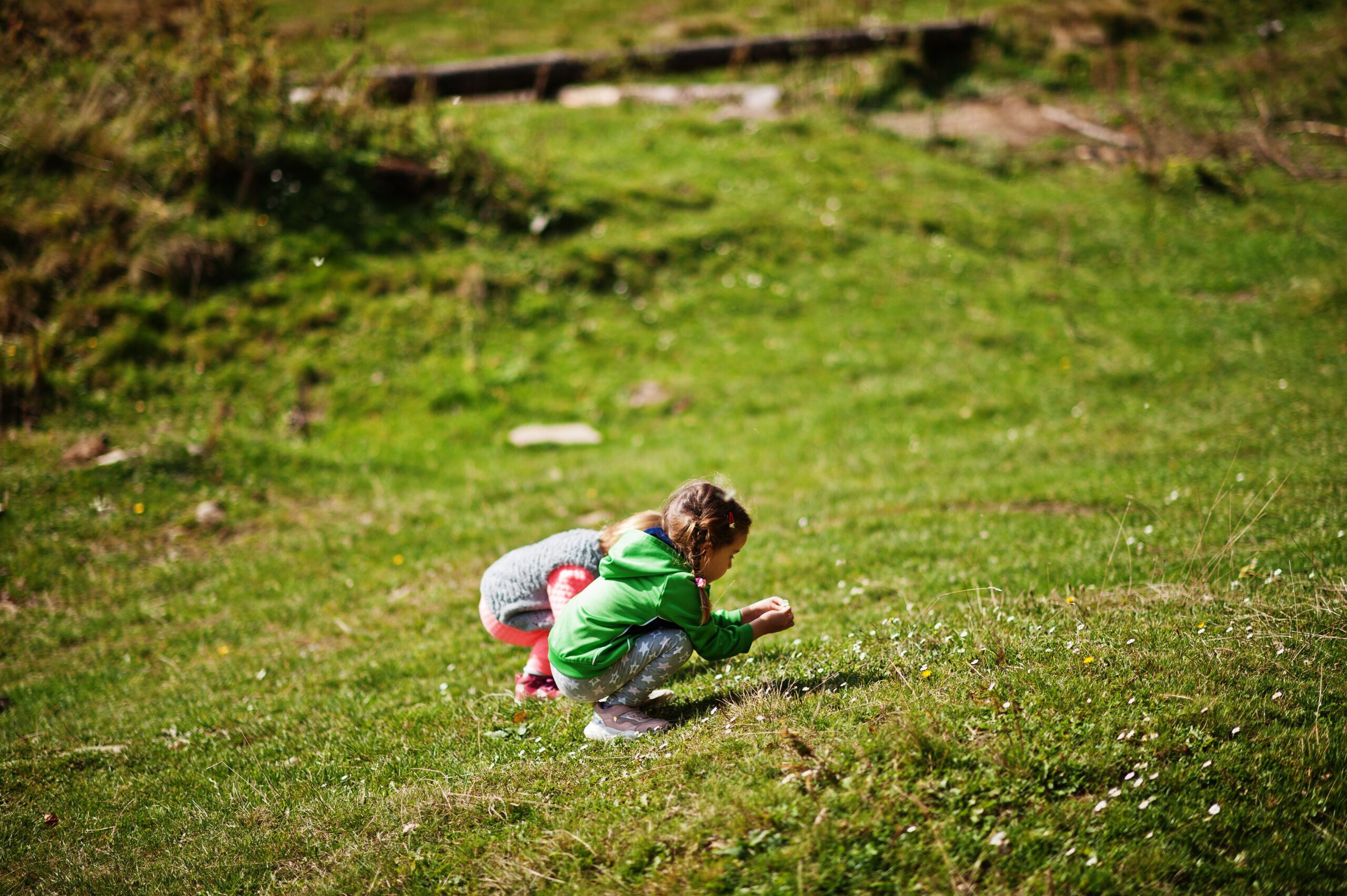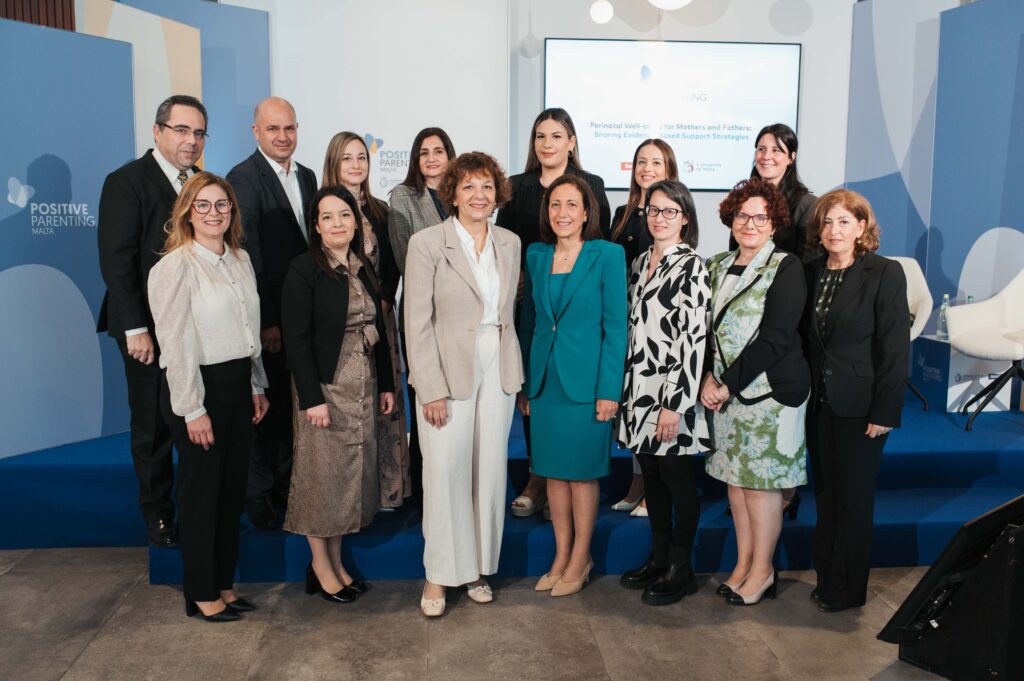As both a psychologist and a mum of two young girls growing up here in Malta, I know how tempting it can be to rely on digital devices to keep children entertained. Screens are everywhere, and the pressure to give kids ‘smartphones’ or ‘tablets’ “because everyone else has one” is very real.
But mounting evidence reminds us that what children need most for their healthy development isn’t more screen time — it’s more free play, face-to-face connection, and time offline.
This truth hits home for me in the everyday, ordinary moments. Take restaurants, for example. After a long day, it would be so easy to hand over an iPad while waiting for food. But instead, I’ve become known (at least to my daughters) for carrying what they affectionately call my “Mary Poppins bag.”
Inside? A magical mix of colouring books, stickers, mini puzzles, and sometimes even a deck of cards. It’s not always tidy — we’ve left behind our fair share of crayons — but it turns dinners into moments of laughter, creativity, and connection, rather than silence behind a screen.
Yes, sometimes I end up covered in stickers or sporting a glittery unicorn tattoo on my arm — but I’ll take that over glazed eyes glued to YouTube any day.
The point is: these small choices matter. They send our children a powerful message — that their imagination, their play, and their presence with us are enough.

What the Research Tells Us
Screen Time & Health Risks
The World Health Organization (WHO) recommends no more than 2 hours of recreational screen time per day for children aged 6 and older. Yet, studies show that many children far exceed this. Excessive screen use has been linked to:
- Increased anxiety and depression in children and teenagers.
- Poorer sleep quality, particularly when devices are used late into the night.
- Reduced attention span, making it harder to concentrate on schoolwork and creative play.
Jonathan Haidt, author of The Anxious Generation, describes smartphones as:
“A device that delivers distractions, temptations, and social comparison to children all day and all night.”
Haidt stresses the importance of uniting as parents to make parenting life easier and to support our children’s wellbeing. When parents unite—agreeing together not to hand out smartphones too early—the pressure begins to dissipate and healthier norms can take root. As he puts it:
“If you’re the only parent who doesn’t give your kid a phone… your kid feels left out. But if you’re with five other parents who agree, and you encourage more free play, then we’ve already won.”
This sense of unity is critical. Haidt writes about shifting childhood back toward play, independence, and real-world connection—and emphasizes that achieving this requires collective coordination among parents, schools, and communities.

Why Free Play Matters
In contrast, free play—whether indoors or outdoors—supports brain development, social skills, emotional regulation, creativity, and resilience. Play is how children make sense of the world and develop the ability to solve problems, collaborate, and build confidence.

The Global Shift: Rethinking Smartphones for Kids
Some countries are going even further than limiting screen time. Inspired by growing research, several governments are considering or implementing bans on smartphone use for children up to age 16. The aim? To protect children’s mental health, foster in-person friendships, and reduce academic distractions.
This reflects what many parents already sense: children need more time to be kids and less exposure to the pressures of digital life.

The Superpowers of Waiting
For many families, the biggest reason children get smartphones isn’t because they’re ready—it’s because everyone else has one. The fear of social exclusion is real, especially when transitioning to secondary school. But here’s the good news: waiting isn’t holding your child back. It may actually give them an advantage.
Delaying smartphone use gives kids:
- More Time: The average 12–15-year-old in the UK now spends 35 hours a week on their phone—the equivalent of a full-time job. Without it, children reclaim hours to play, laugh, explore, and connect in real life.
- More Freedom: Free from the pressures of likes, streaks, and online validation, children can discover who they really are.
- Real Social Skills: Offline, kids learn to build deeper friendships through face-to-face interaction.
- Better Mental Health: Research from King’s College London shows teens heavily addicted to smartphones are twice as likely to struggle with anxiety and three times as likely to suffer from depression.
- Skills to Thrive in the Future: Time offline supports focus, creativity, and critical thinking—the real skills our children will need in tomorrow’s AI-driven world.
- Clearer Focus in Learning: Without constant digital distraction, children concentrate better, engage more deeply, and perform more strongly in school.
- Better Sleep: Teens need 8–10 hours of rest per night. Smartphone-free children typically get longer, deeper sleep, supporting healthy brain development.
These aren’t small wins. They’re superpowers—and they come from one simple choice: waiting.

Parenting Together: Building a United Front
Parenting in the digital age is not easy. Many of us fear our child being “the only one” without a phone. That’s why it’s so important for parents to come together as communities and schools, supporting one another in delaying smartphone use and encouraging healthier habits.
When parents unite, children are less likely to feel left out, and healthier norms can take root. This isn’t about perfection or judgement. It’s about helping our children thrive offline—with more focus, more freedom, stronger friendships, and better mental health.

Charlene
Clinical Psychologist and Family TherapistClinical Supervisor


